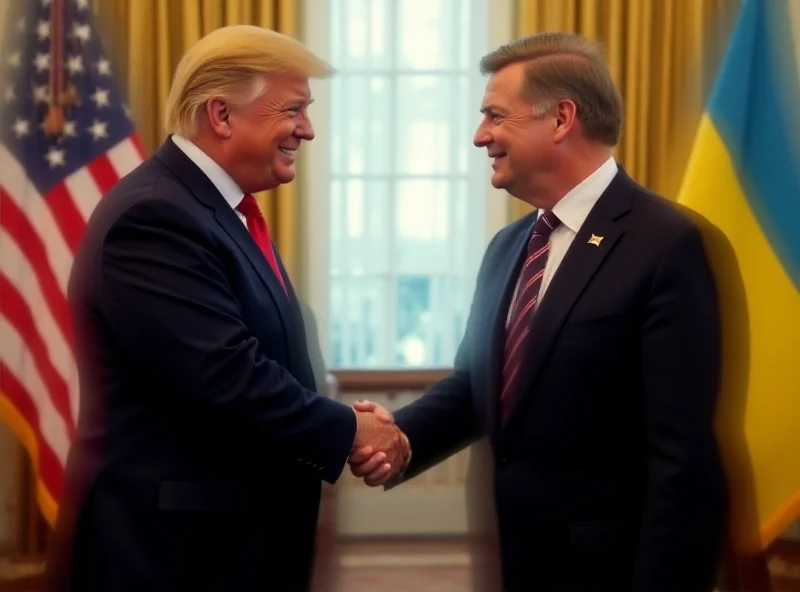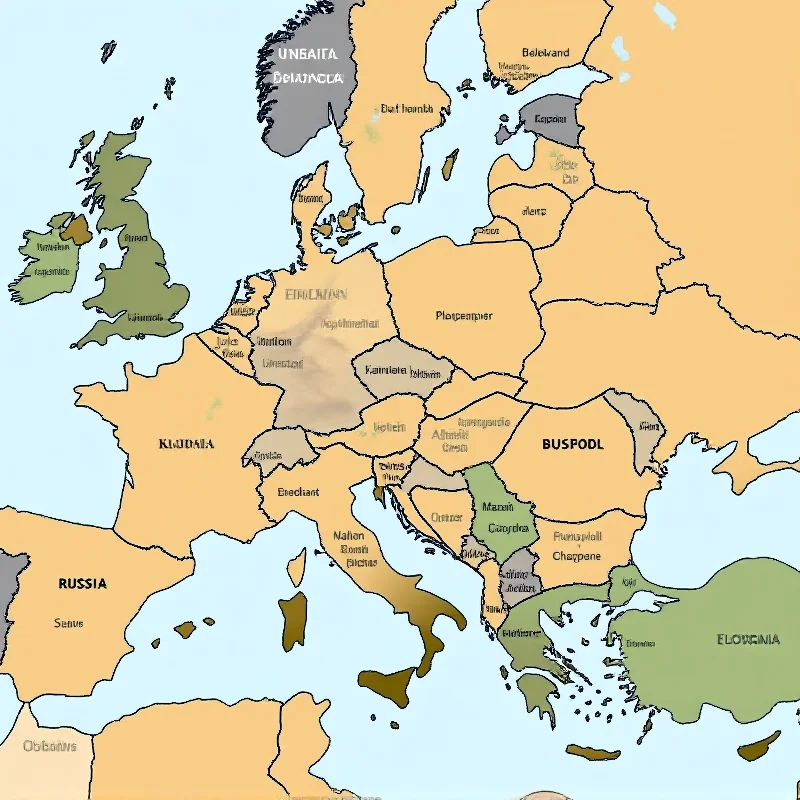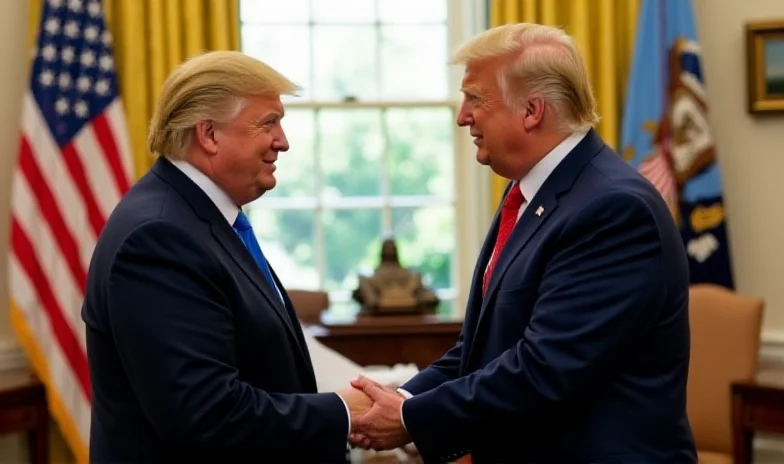Donald Trump's approach to foreign policy remains a topic of intense debate. From his dealings with Ukraine to his stance on NATO and Russia, his methods are often described as unconventional. However, some argue that there's a clear, if sometimes crude, realism underpinning his actions.
Ukraine and the Push for a Deal
Ukrainian President Zelenskyy recently expressed regret over a past argument with President Trump, signaling a desire to mend relations. This comes after Trump reportedly increased pressure on Zelenskyy to pursue peace negotiations with Russia, even suggesting a pause in U.S. military aid. "Zelenskyy wants to make things right," sources say, suggesting a shift in Ukraine's approach under pressure. This situation highlights Trump's transactional approach to international relations, where aid and support are often linked to specific policy outcomes.

NATO and the Burden of Defense
Trump has also renewed his criticism of NATO, questioning the commitment of member states that don't adequately invest in their own defense. "If they don't pay... they don't deserve defense," Trump reportedly stated, reiterating his long-held view that the U.S. is carrying too much of the financial burden for the alliance. This stance reflects a core tenet of his foreign policy: that allies must contribute their fair share and not rely solely on American resources.
This pressure on NATO has sparked debate about the future of the alliance and the role of the U.S. in global security. Some argue that Trump's approach is weakening the alliance, while others believe it's a necessary wake-up call for European members to increase their defense spending.
A Realist Perspective
Despite the controversies surrounding Trump's foreign policy, some observers argue that it's rooted in a pragmatic understanding of international relations. As one analyst put it, "The president understands that the liberal international order was possible only because of U.S. might, and Americans don’t want to pay the bill anymore." This perspective suggests that Trump's actions are driven by a desire to prioritize American interests and reduce the country's financial commitments to global institutions.

This "America First" approach has resonated with some voters who feel that the U.S. has been unfairly burdened by its role as a global superpower. However, it has also drawn criticism from those who believe that it undermines international cooperation and weakens America's standing in the world.
Sanctions and Russia
While Trump has pushed for deals and questioned alliances, other actors are also influencing the geopolitical landscape. In Slovakia, a pro-Russian group is seeking a referendum to abolish sanctions against the Russian Federation. This highlights the complex web of international relations and the competing interests that shape global events. The Slovak president, Peter Pellegrini, will soon have to deal with this petition, showcasing the continued influence of pro-Russian sentiment in some European nations.

Ultimately, Trump's foreign policy remains a complex and controversial topic. Whether viewed as a pragmatic approach to international relations or a reckless abandonment of global leadership, it continues to shape the world stage.
